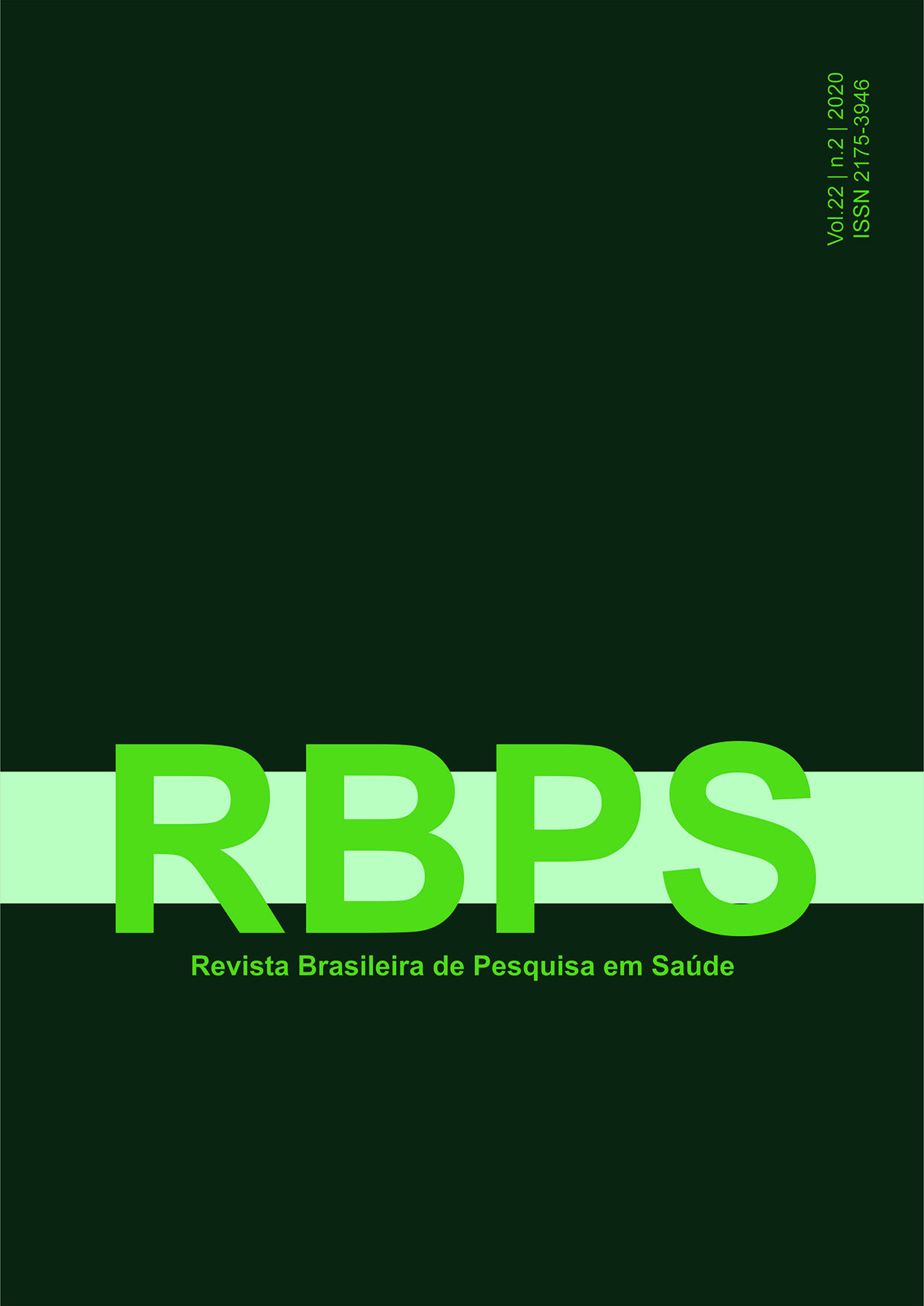One decade of meningitis cases in Paraná State, Brazil: study of cases in the pre- and post-vaccinal period
DOI:
https://doi.org/10.47456/rbps.v22i2.31609Keywords:
Meningitis, Pneumococcal Meningitis, Meningococcal Meningitis, VaccinesAbstract
Introduction: Meningitis is an inflammatory process capable of affecting the central nervous system in humans; thus, it is a global public health issue. Objectives: Describing meningitis epidemiology in Paraná State, Brazil, as well as the impact of introducing conjugate vaccines (pneumococcal and meningococcal) in the immunization schedule. Methods: Retrospective, observational and descriptive study about notified and confirmed meningitis cases in Paraná State. Data were organized in pre- (2007 to 2009) and post-introduction (2010 to 2016) of meningococcal C and 10-valent pneumococcal vaccines. Results: In total, 17,045 meningitis cases were confirmed in Paraná State from 2007 to 2016 - 2007 was the year recording the largest number of cases (n=3,489). Most notified cases were diagnosed in men (59.1%) and mostly affected patients in the age group 0-to-9-years. Aseptic meningitis (viral) was the most often diagnosed type of the disease among meningitis with known etiology; it was followed by Neisseria meningitidis, Streptococcus pneumoniae, Mycobacterium tuberculosis and Haemophilus influenzae. Neisseria meningitidis serogroup C was the most common type; it was followed by serogroup B. There was significant decrease in the frequency of N. meningitidis and S. pneumoniae in 1-to-4-year-old children, after vaccination. Conclusion: Vaccine-preventable bacterial meningitis rate has decreased in Paraná State, mainly due to the introductionof conjugate vaccines. Understanding meningitis etiology is a key factor to measuments taken by epidemiological surveillance to prevent and control the diseaseand, consequently, to help improving public health.
Downloads
Downloads
Published
How to Cite
Issue
Section
License
Copyright (c) 2020 Revista Brasileira de Pesquisa em Saúde/Brazilian Journal of Health Research

This work is licensed under a Creative Commons Attribution-NonCommercial-NoDerivatives 4.0 International License.
Authors and reviewers must disclose any financial, professional, or personal conflicts of interest that could influence the results or interpretations of the work. This information will be treated confidentially and disclosed only as necessary to ensure transparency and impartiality in the publication process.
Copyright
RBPS adheres to the CC-BY-NC 4.0 license, meaning authors retain copyright of their work submitted to the journal.
- Originality Declaration: Authors must declare that their submission is original, has not been previously published, and is not under review elsewhere.
- Publication Rights: Upon submission, authors grant RBPS the exclusive right of first publication, subject to peer review.
- Additional Agreements: Authors may enter into non-exclusive agreements for the distribution of the RBPS-published version (e.g., in institutional repositories or as book chapters), provided the original authorship and publication by RBPS are acknowledged.
Authors are encouraged to share their work online (e.g., institutional repositories or personal websites) after initial publication in RBPS, with appropriate citation of authorship and original publication.
Under the CC-BY-NC 4.0 license, readers have the rights to:
- Share: Copy and redistribute the material in any medium or format.
- Adapt: Remix, transform, and build upon the material.
These rights cannot be revoked, provided the following terms are met:
- Attribution: Proper credit must be given, a link to the license provided, and any changes clearly indicated.
- Non-Commercial: The material cannot be used for commercial purposes.
- No Additional Restrictions: No legal or technological measures may be applied to restrict others from doing anything the license permits.

























